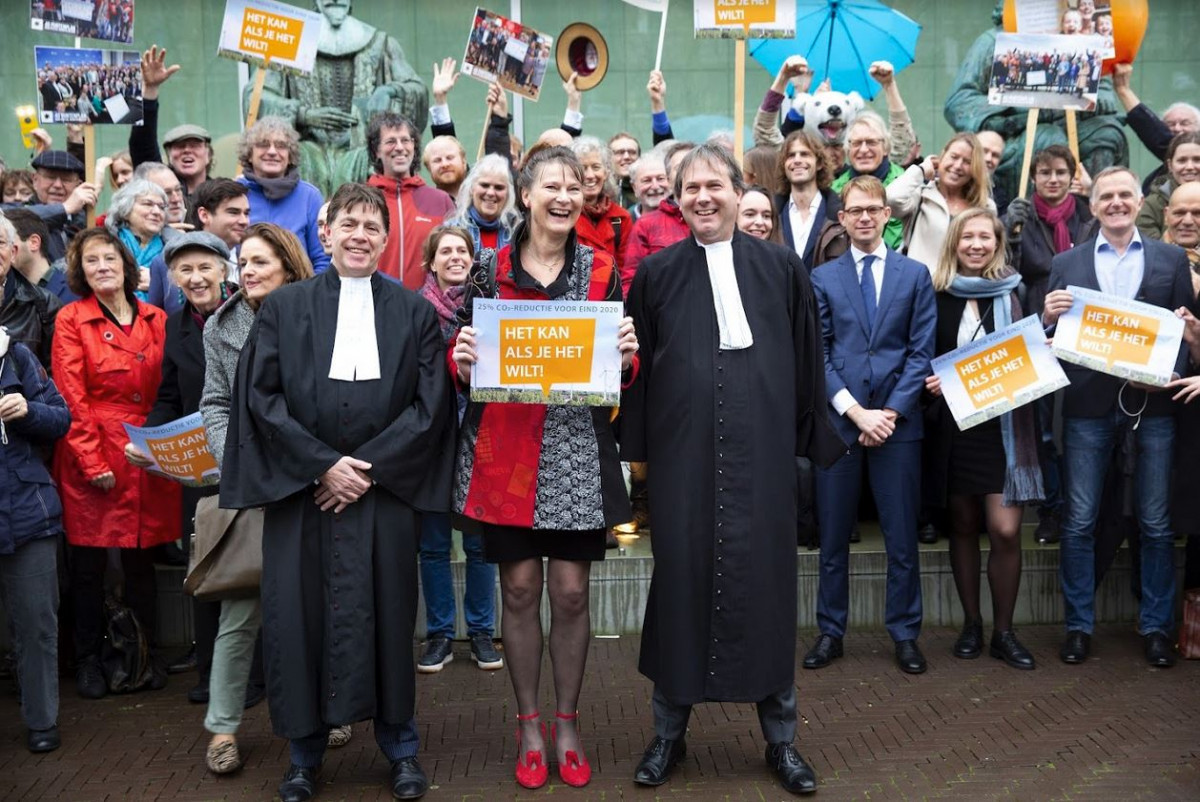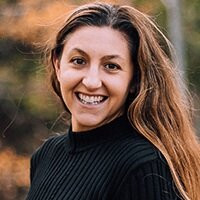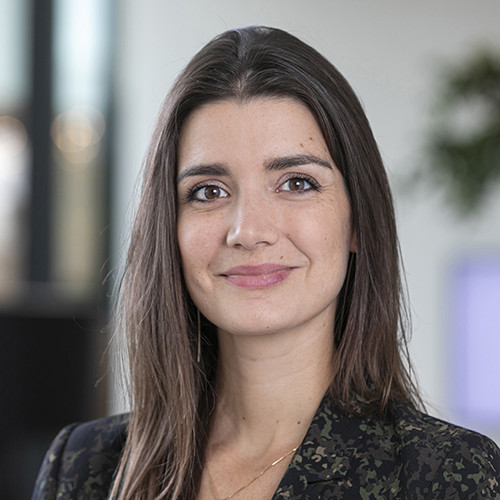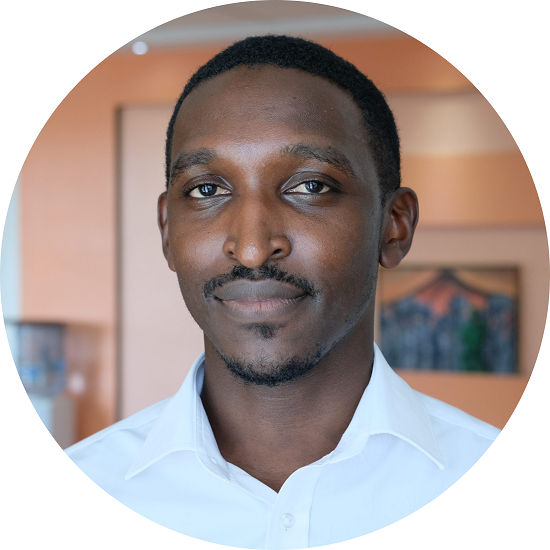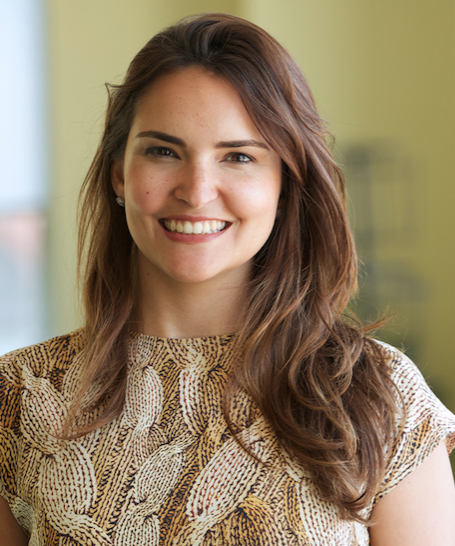Postponed: Fighting climate change in court: Reporting on cases against governments
Governments are the most common defendants in climate change cases. Over the last few years there has been a wave of cases challenging governments on the insufficiency of their climate commitments and policies in the Netherlands, France, Belgium, Ireland, Germany, Colombia, New Zealand, Brazil, Australia and elsewhere. The foundational case here was Urgenda v. the Netherlands, which resulted in the closure of coal-fired power stations, billions of euros of investment in renewable energy and energy efficiency, and stronger commitments on emissions reductions.
In the year ahead we will see many more actions in this sphere. In Italy NGOs and citizens have brought the first ever case in their country to challenge the government on its climate failures. South African NGOs are bringing a case fighting the government’s energy policy, in particular the expansion of coal-fired electricity capacity. Torres Strait islanders have just launched a class action in the federal court of Australia arguing that the government has responsibility for the fundamental rights of its citizens and must therefore take steps to mitigate climate change impacts on the Torres Strait Islands. And the NGO Client Earth in the UK has just announced that it is suing the UK government because its climate policies illegally fall short of its net zero strategy published last October.
Human-rights cases that have not been accepted by national courts are currently being heard in the European Court of Human Rights. In process is a case brought by a group of Portuguese children and young adults against 33 European countries for human rights violations in respect of climate change. The second of these cases has been brought by a group of Swiss older women who argue that their demographic group is at heightened risk of the adverse health effects of increasing heat waves. The results of these two cases will be highly influential in terms of the future of rights-based climate litigation, as will the current initiative by Vanuatu to request an advisory opinion on climate change from the International Court of Justice (ICJ) to clarify the legal obligations of all countries to prevent and redress the adverse effects of climate change.
With lots of cases to follow all over the world, this workshop will give insights into a selection of key examples as well as trends and developments to look out for in the months ahead.
Series on climate litigation
This event is part of a series. Sign up for the other events via the event pages:
AGENDA
Coming soon
SPEAKERS
Andrea Rodgers is Senior Litigation Attorney at Our Children’s Trust, where she serves as cocounsel on Juliana v. United States and as lead counsel on Aji P. v. State of Washington
and Reynolds v. State of Florida. After graduating from the University of California, Santa Barbara in 1998 and Arizona State University School of Law in 2001, where she
served as co-Executive Editor of Jurimetrics: The Journal of Law, Science and Technology, Andrea clerked for the Hon. John C. Gemmill on the Arizona Court of
Appeals. She has served as an Honors Attorney for the U.S. Department of Transportation, In-House Legal Counsel for the Snoqualmie Indian Tribe, and Staff
Attorney for the Western Environmental Law Center. Her law practice has focused on reducing pollution from industrial agricultural operations, protecting and enhancing instream
flows for people and fish, and fighting climate change for young people and future generations.
Jasmine Rayée is a Legal Officer with GLAN where she works on climate change litigation and is part of the legal team representing the six youth applicants in the Duarte Agostinho case before the European Court of Human Rights. Jasmine's work is focused on environmental justice as well as state accountability for serious crimes under international law. Prior to joining GLAN, Jasmine was a qualified lawyer in international arbitration and litigation in Brussels. She is also a qualified attorney-at-law in common law (New York, 2019).
Mark Odaga is a Senior Programme Manager based in the Nairobi Hub. He is driven by a desire to see that natural resource use and infrastructure development in Kenya and
the region is sustainable and underpinned by a framework which protects and empowers those likely to be most negatively impacted. He provides strategic advice on and supports litigation across the different programme areas. In addition to policy and legal reform advocacy, he also assists in providing technical and legal advice to partners, affected communities and other stakeholders.
Maria Antonia Tigre joined the Sabin Center for Climate Change Law in September 2021 as the Global Climate Litigation Fellow. Prior to the Sabin Center, she was a senior attorney at the Environment Program of the Cyrus R. Vance Center for International Justice, where she provided pro bono legal services to NGOs across the globe, especially in issues related to protected areas and the interface between human rights and the environment. Maria Antonia was previously a fellow at the World Resources Institute. The fellowship followed several years working in private practice in Rio de Janeiro, Brazil.

